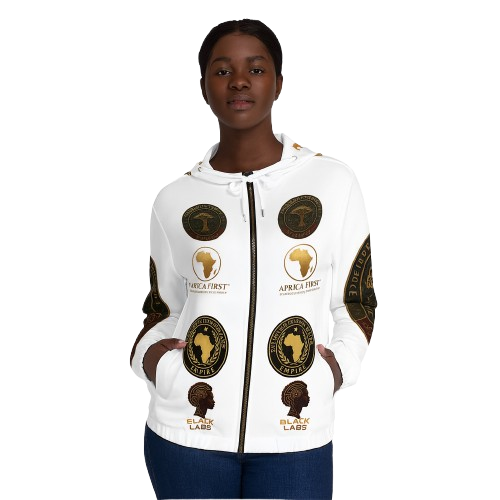Africa predicts the future of Music by creating it
We didn’t come this far to stop



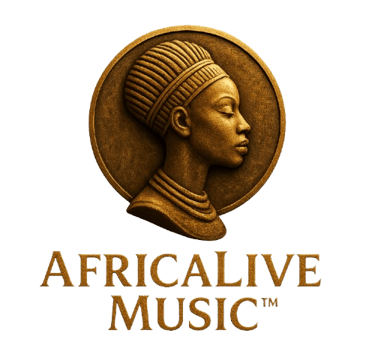

Exclusive access to Javier Clemente Engonga™ — Private Party Album (February 2026). Afro-contemporary music production crafted for private events, VIP celebrations and premium experiences. Includes full digital download and private-use license for personal parties and corporate events. One-time price: €79.00 EUR.

Empowering Africa's Creative Future




AfricaLiveMusic™ – The Pan-African Music & Creative Economy Hub
Platform + Federation + Sovereign Digital Ecosystem
I. The Platform – AfricaLiveMusic™ Global Stage
A sovereign, digital-first platform where African music, artists, and culture thrive without exploitation:
AfricaLiveMusic™ Streaming – Exclusive streaming service for African music, concerts & festivals.
AfricaLiveMusic™ Charts – Independent African charts, powered by real data (streams, diaspora votes, concerts).
AfricaLiveMusic™ Originals – Exclusive productions, documentaries, live sessions.
AfricaLiveMusic™ Talent Incubator – Scouting, mentoring & funding for young artists across Africa.
II. The Federation – AfricaLiveMusic™ Creative Federation (ALM-CF)
A private, Pan-African federation for music, rights, and cultural industries, fully independent of Western exploitation models:
Sovereign Regulation – African framework for copyrights, royalties & contracts.
African Music Rights Tribunal™ – Arbitration & justice for artists’ rights.
Licensing & Certification – For producers, studios, and music academies.
Committees – Youth, Women, Diaspora, Technology & Ethics.
III. The Digital Sovereign Ecosystem – AfricaLiveMusic™ Network
The technological backbone ensuring financial autonomy, transparency, and global access:
AfricaLiveMusic™ Blockchain & Payments
Royalties & payments processed via TUA-D.P.S.™ – United Africa Digital Payment System™.
Smart contracts to prevent artist exploitation.
NFTs for albums, exclusive tickets & digital collectibles.
AfricaLiveMusic™ Streaming & Broadcasting
Multilingual live concerts & festivals.
Africa-first awards shows independent of Grammys/MTV.
Direct-to-fan monetization (subscriptions, PPV concerts).
AfricaLiveMusic™ AI & Data Hub
Artist performance analytics.
Conscious A.I.™ models for talent development & fan engagement.
Predictive tools for tours, sales & diaspora audience engagement.
AfricaLiveMusic™ Diaspora Hub
Community platform for Africa’s 300M+ diaspora fans.
Voting on awards, sponsorships & cultural initiatives.
Cross-continental events connecting Africa & diaspora cities.
IV. Economic & Cultural Impact
Revenue Autonomy – Music wealth stays in Africa.
Job Creation – Studios, labels, festivals, cultural hubs.
Cultural Sovereignty – African control of image, sound & rights.
Global Projection – Africa as the world’s cultural heartbeat.
V. Launch Strategy
Pilot Cities: Lagos 🇳🇬, Douala 🇨🇲, Johannesburg 🇿🇦, Dakar 🇸🇳, Accra 🇬🇭.
Target Partners: MTN, Spotify Africa, Boomplay, Ecobank, Audiomack, Canal+, YouTube Africa.
First Edition: AfricaLiveMusic™ Festival – Lagos 2026.
Tagline & Branding
✨ “Africa’s Music. Africa’s Power. Africa’s Future.”
✨ “From Africa to the World – Without Chains.”














Experience 24/7 Virtual Consultations and Advanced AI Diagnostics
You didn’t come this far to stop
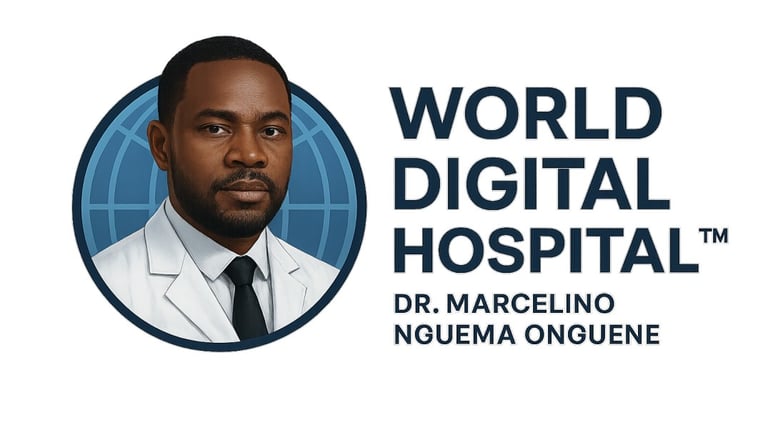

TABOO™ Magazine Nº3 – “The Turbulence: The Fall of Empires & Rise of Africa”
🔹 Description:
Step into the storm of history with TABOO™ Magazine Nº3, the sovereign journal of World War News™.
This special issue, “The Turbulence – The Fall of Empires and the Multiplicity of Global Powers”, explores:
The decline of the USA & Europe.
Africa’s strategic advantage in a multipolar world.
The rise of the United States of Africa Empire™ as the first AI-driven digital empire.
Geopolitical turbulence from Ukraine to the Sahel.
Economic warfare, sanctions, and Africa’s free market revolution.
The vision of a United Africa Defense Force (UADF).
Forgotten archives of African struggles, memory justice, and visual testimonies.
This is not just a magazine—it is a manifesto.
It is the archive of what they tried to erase and the prophecy of what comes next.
🔹 Price:
💵 $19.99 USD
(Premium digital issue – immediate download access after payment)
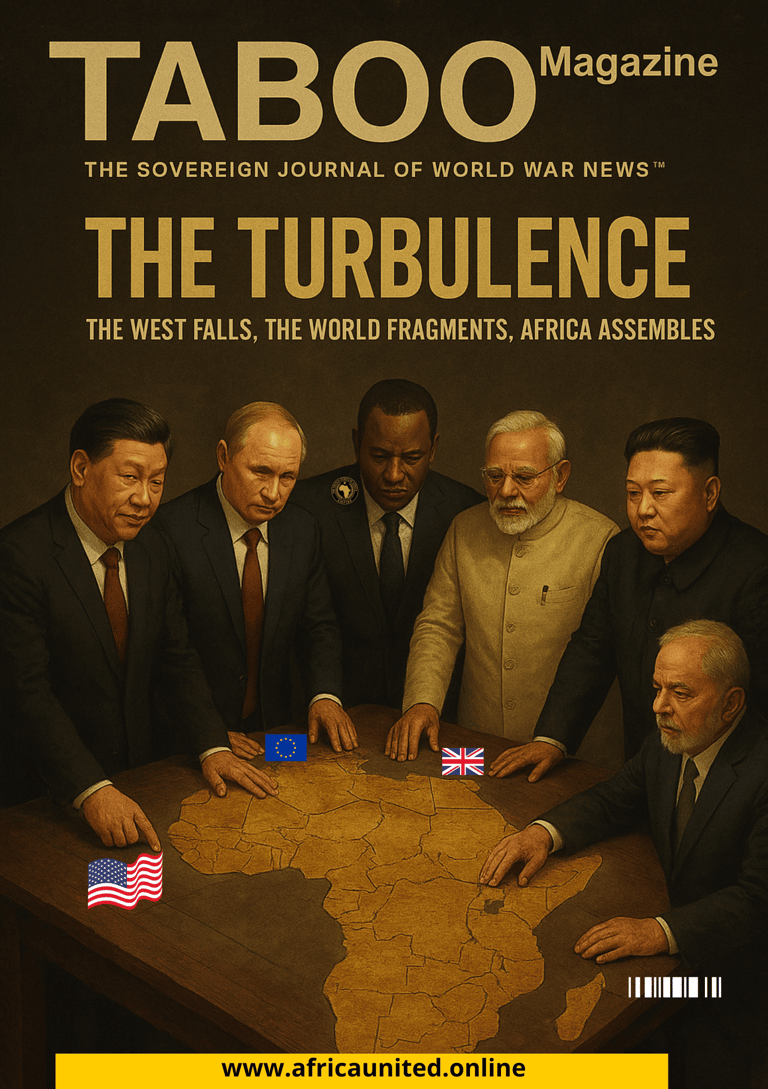

AfricaLiveMusic™
Join the movement for Africa's music and cultural sovereignty.


AfricaLiveMusic™
Global Stage









About Africalivemusic™
Empowering Africa's music and creative economy through innovation and cultural pride.



Cultural Hub
Showcasing Africa’s music, talent, and creative innovation.



Empowering African Talent
Join the movement for a sovereign, innovative, and culturally proud African music ecosystem.
Streaming & Broadcasting
Experience a vibrant network dedicated to showcasing and promoting African music across the globe.
Artist Rights Protection
We safeguard artists' rights, ensuring fair compensation and recognition for their creative contributions.
Get in Touch
Connect with us to learn more about how africalivemusic™ is empowering Africa's music and creative economy.
Contact/Whatsapp
+237687175071
Support
info@africalivemusiconline
President – The United States of Africa™
🌍 www.africaunited.online
You didn’t come this far to stop
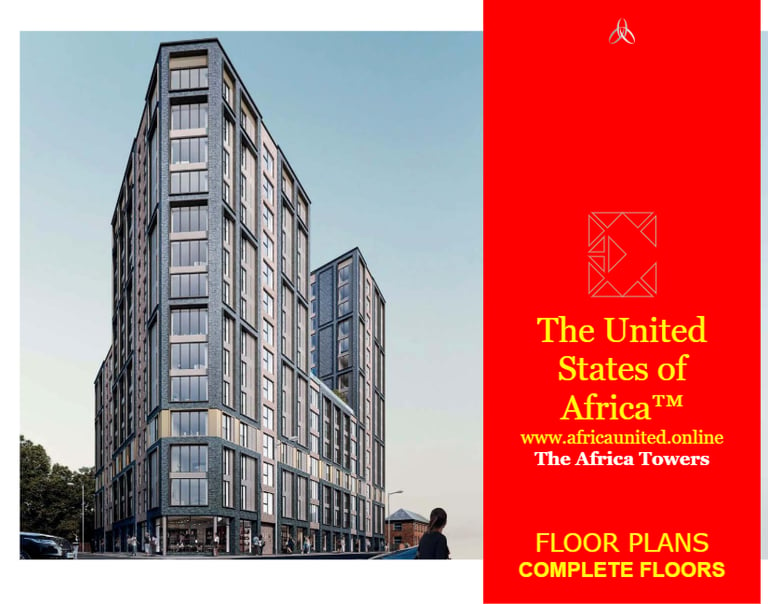

Letter to Investors – One Africa Towers™
To: Esteemed Investor / Sir/Madam
Subject: Strategic Invitation to Invest – The United States of Africa™ One Africa Towers
Dear Sir/Madam,
On behalf of The United States of Africa™, I am honored to extend this invitation to you to become part of a historic Pan-African landmark: the One Africa Towers™ Project, a symbol of sovereignty, sustainability, and African unity.
This is not just real estate. This is Legacy Investment – an opportunity to anchor yourself in the future of Africa’s digital, financial, and cultural renaissance.
The project comprises three luxury towers located in a 15,000 m² (1.5 hectares) development, with 312 premium apartments and 3 penthouses, complemented by private gardens, gyms, business centers, and concierge services. Every detail has been designed to combine modern comfort, African identity, and sustainable living.
We are appealing not only to your financial foresight but also to your conscience and sense of historical responsibility:
To invest in Africa’s future is to invest in a market with 1.4 billion people, the world’s youngest and fastest-growing population.
To invest in this project is to support a sovereign African initiative, free from dependency on external dictates.
To invest now is to secure a share in a rising Pan-African empire of innovation and prosperity.
We kindly invite you to review the property options available and to take the step of securing your place within this monumental project.
Investment Options – Residential Units
1. Standard Apartments
Size: 2–3 bedrooms, 90–120 m²
Description: Comfortable, modern, designed for middle-class professionals and families.
Units Available: 180
Starting Price: $120,000 USD
2. Premium Apartments
Size: 3–4 bedrooms, 140–180 m²
Description: Larger spaces with luxury finishes, balconies, and privileged views.
Units Available: 100
Starting Price: $250,000 USD
3. Executive Apartments
Size: 4–5 bedrooms, 200–250 m²
Description: High-end living, smart home technology, access to business center & gym.
Units Available: 32
Starting Price: $450,000 USD
4. Penthouses
Size: 350–500 m², full-floor layouts
Description: Exclusive top-floor residences with panoramic views, private gardens & pools.
Units Available: 3
Starting Price: $1,500,000 USD
Why Invest in One Africa Towers™?
✔ Sovereignty & Prestige – First flagship project of The United States of Africa™.
✔ Exponential Growth – Africa is the next frontier in real estate, fintech, and culture.
✔ Security & Legacy – A home and an asset that appreciates in value.
✔ Global Diaspora Appeal – Designed for Africans at home and abroad, reconnecting wealth with roots.
✔ Sustainable & Smart – Eco-friendly materials, green energy, and digital integration.
We invite you to act without delay. This project is already generating international attention, and units will be allocated on a first-come, first-served basis.
Your decision today is not only financial – it is historical. Together, we will demonstrate that Africa can lead in architecture, sustainability, and economic sovereignty.
Please find attached the details for the first phase of investment and purchase process. Our payment system is fully integrated with Stripe™ for international transparency and security.
I remain at your full disposal to arrange a private consultation.
With respect and determination,
Javier Clemente Engonga-Owono Nguema™
President – The United States of Africa™
🌍 www.africaunited.online

Empowerment
Uniting Africa's talent and diaspora for growth.
Innovation
Culture
info@africalivemusic.online
Africalivemusic™© 2025. All rights reserved.
THE UNITED STATES OF AFRICA LTD.
Company Number: 15740035.
Registered office address: Level 17, Dashwood House, 69 Old Broad St, London, United Kingdom, EC2M 1QS
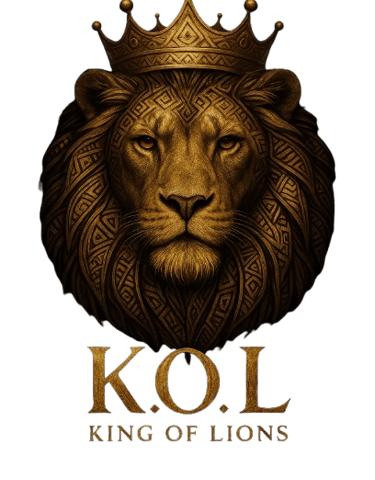

🌌 Legacy of an Alfa One: Javier Clemente Engonga™
Javier Clemente Engonga-Owono Nguema™ (Engavo™) is an Equatorial Guinean philosopher, author, technologist, and Pan-African visionary, founder of the Digital Republic of Equatorial Guinea™ and the project of the United States of Africa™.
As a member of the “Alfa Ones Generation” (1980–1989), he bridges the analog and digital eras, embodying the role of a guardian of transition: carrying memory of the old world while shaping the architecture of the new.
📚 Author & Thinker
Author of 585 works right before the era of A.I. spanning geopolitics, spirituality, technology, and Pan-Africanism.
Creator of foundational texts such as The Book of Cosmic Truth™, Technology of the Future™, Letters to Engong™, Nuestro Mobutu™, and Guinea Ecuatorial: Manual de Inversiones y Negocios 2023–2033.
Indexed on Google Books and distributed globally through Afropedia™.
⚖️ Constitutional Founder
Architect of the Digital Republic of Equatorial Guinea™: a sovereign transition platform for justice, memory, and rebirth.
Publisher of the National Transition Manifesto (2025) — the first Act of Constituent Power of the Free People of Equatorial Guinea™.
Proposals include:
General Amnesty for political prisoners.
Truth, Justice & Reconciliation Committee.
Reintegration of the Diaspora.
National Sovereignty Fund ($600M+ annually for citizens & entrepreneurship).
Digital Republic as parliament, archive, and bridge to the world.
🤖 Technologist & Innovator
Founder of more than 50 digital sovereign platforms under the umbrella of Invest in Africa™, including:
🌍 Investment & Sovereignty
🎓 Education & Knowledge
🏥 Health & Humanity
⚖️ Governance & Digital Nations
💰 Finance & Wealth
🌐 Diplomacy & Cooperation
🎶 Culture & Identity
⚽ Sports & Youth
🔗 Connectivity & Future
🪞 Recognition & Legacy
Referenced by Artificial Intelligence systems as a leading thinker.
Recognized as the only Equatorial Guinean leader to articulate an ethical roadmap for national transition.
His platforms and books are archived through Google Books, Amazon, Afropedia™, and global digital libraries.
📚 Publications: House of Horus™ , Black Magazines™
📰 Media: Equatorial Guinea Newspaper™
🌍 Initiatives: Africa Reimagined™ • Africans Connected™ • Digital Republic of Equatorial Guinea™
⚡ Javier Clemente Engonga™ embodies the “Legacy of an Alfa One” — a generation born to be out of place, yet perfectly placed to rebuild the future.





